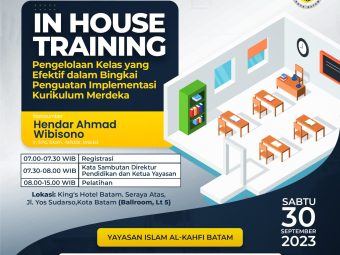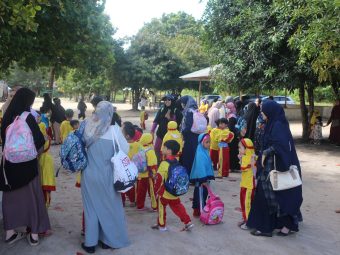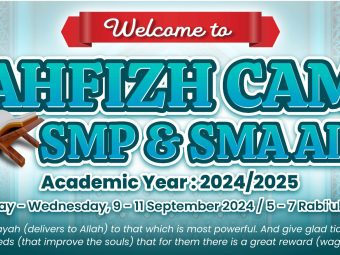The Role
of Educators in a Changing World
One of the prominent educational philosophies developed by Ki Hajar Dewantara emphasizes three core learning dimensions: cognitive, affective, and psychomotor (Ritonga, 2018). Dewantara’s ideas align with progressivism, which views education as a form of social interaction. In this view, schools—functioning as social institutions—should give students opportunities
to actively engage with the curriculum and learn through personal experiences
(Talebi, 2015).
In today’s rapidly changing world, educators play a crucial role in applying progressive teaching principles. According to Sharpes (2013), six key principles should guide teachers:
- Learning by doing (experiential learning),
- Problem-solving and critical thinking (discovery learning),
- Collaborative group projects (social learning),
- Fostering lifelong learning,
- Cooperative group activities, and
- Assessment based on student projects and outcomes.
These principles encourage teachers to create classrooms where students actively participate in their learning through activities, cooperation, and shared projects.
Teachers’
roles are multifaceted: educating, which involves instilling and nurturing values; teaching, which advances knowledge and technology; and training, which develops practical skills (Baharun, 2016, as cited in Kadi & Awwaliyyah, 2017).
As William Arthur Ward observed: “The mediocre teacher tells. The good teacher explains. The superior teacher demonstrates. The great teacher inspires.” True fulfillment for a teacher lies in seeing students not only understand but also value their learning. Happiness, in its deepest sense, comes from bringing joy to others. Or, as Alexandra K. Trenfor put it: “The best teachers show you where to look but don’t tell you what to see.” Teaching remains a noble profession, where every positive influence can create a lasting impact on both students and the world.

References
Kadi, T.,& Awwaliyah, R. (2017). Educational Innovation: Efforts to Complete Education Problematic in Indonesia. Journal of Islam Nusantara.1(2). https://scholar.google.co.id/scholar q=INOVASI+PENDIDIKAN+:+UPAYA+PENYELESAIAN++PROBLEMATIKA+PENDIDIKAN+DI+INDONESIA&hl=en&as_sdt=0&as_vis=1&oi=scholart
Ritonga, M. (2018) Politik dan Dinamika Kebijakan Perubahan Kurikulum Sharpes,
D. K. (2013). Modern educational philosophies. In Advanced educational
foundations for teachers: The history, philosophy, and culture of schooling (pp.
399-430). eBook Central.
Talebi, Kandan. (2015, September) John Dewey- Philosopher and Educational Reformer. European Journal of Educational Studies. [pdf]. https://files.eric.ed.gov/fulltext/ED564712.pdf
Theoretical Perspectives on Education. (2010). In University of Minnesota Libraries Publishing (Ed.), Sociology: Understanding and changing the social world. http://open.lib.umn.edu/sociology/chapter/16-2-sociological-perspectives-on-education/
By Melinda


